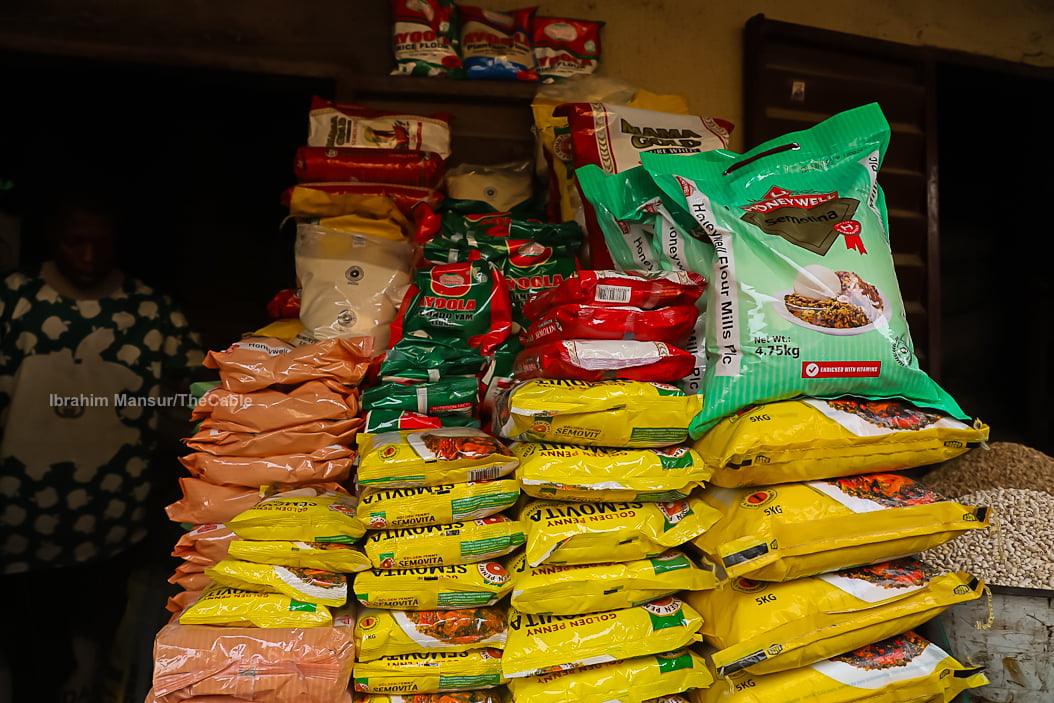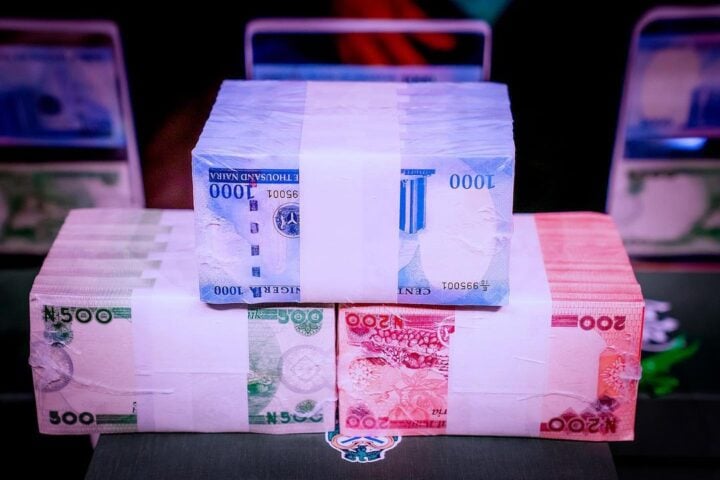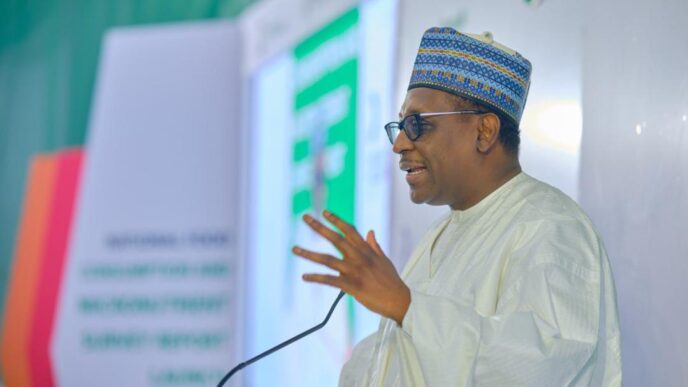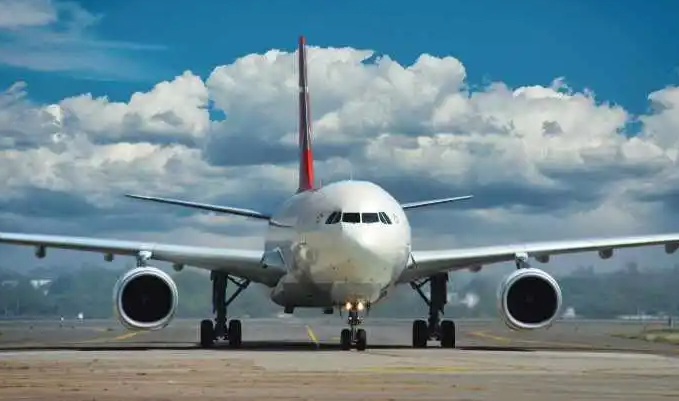Food items in a market in Lagos | File photo
Agora Policy, the Abuja-based think tank, says addressing food inflation will take more than emergency interventions and monetary policies.
On Wednesday, the National Bureau of Statistics (NBS) said Nigeria’s inflation rate declined to 33.40 percent in July, below the 34.19 percent reported in June.
NBS also said the food inflation rate in July dropped to 39.53 percent, compared to 40.87 percent in June.
In a report on Friday, Agora Policy said tackling food inflation is crucial to achieving a sustainable decline in inflation rate in the long term.
Advertisement
“Addressing Nigeria’s food inflation will be crucial for achieving a sustainable decline in inflation rate in the long-term. This will take more than seasonality or emergency interventions or even monetary policy,” the think tank said.
‘FOCUS ON TACKLING STRUCTURAL ISSUES’
While monetary policies are essential for controlling demand-side inflationary pressures and stabilising the exchange rate, Agora Policy said they do not directly address supply-side issues like food production, storage and distribution.
Advertisement
“Therefore, it will be necessary to focus on tackling the structural issues in the agricultural sector, including insecurity, to address food inflation,” the report said.
“On the whole, it would appear that the ongoing inflationary spiral seems to have peaked. With monetary interventions eventually kicking in and barring another round of shocks in terms of significant hike in petrol prices or major depreciation of the value of the Naira, Nigeria’s inflation looks set to decelerate further in the coming months.”
‘DOUBLE-DIGIT INFLATION HAS BEEN A NORM FOR EIGHT YEARS’
Generally, Agora Policy said Nigeria’s inflation rate has been high for some time.
Advertisement
“The last time the country recorded single-digit inflation figures is close to a decade ago: in May 2015, food inflation was 9.78% and in January 2016, headline inflation was 9.62%,” Agora Policy said.
“Double-digit inflation has been the norm for the past eight to nine years. Apart from the shocks from subsidy removal/Naira depreciation, another development that has kept inflation rates high in Nigeria was the invasion of Ukraine by Russia.
“The lingering effects of the war significantly affected global commodity prices for food and energy which disrupted existing supply chain, causing inflationary pressures to rise across the world.”
As a country heavily dependent on imports for its food and fuel needs, the think tank said Nigeria has been particularly affected by these global disruptions.
Advertisement
“In January 2022, before the Ukraine-Russia war, headline inflation and food inflation were reported at 15.60% and 17.13% respectively. By the third quarter of 2022, both headline and food inflation figures had risen above 20% (food inflation hit 20.60% in June and headline inflation got to 20.52% in August),” the think tank said.
Agora Policy said they have stayed above 20 percent since, possibly due to the impact of the expansion of the money supply through ways and means and other shocks.
Advertisement
The reforms of mid-2023, according to Agora Policy, eventually sent both rates above 30 percent.
The think tank said food inflation is the major contributor to the current pattern of high inflation in the country.
Advertisement
Add a comment









